Who buys electric cars in China and Russia?
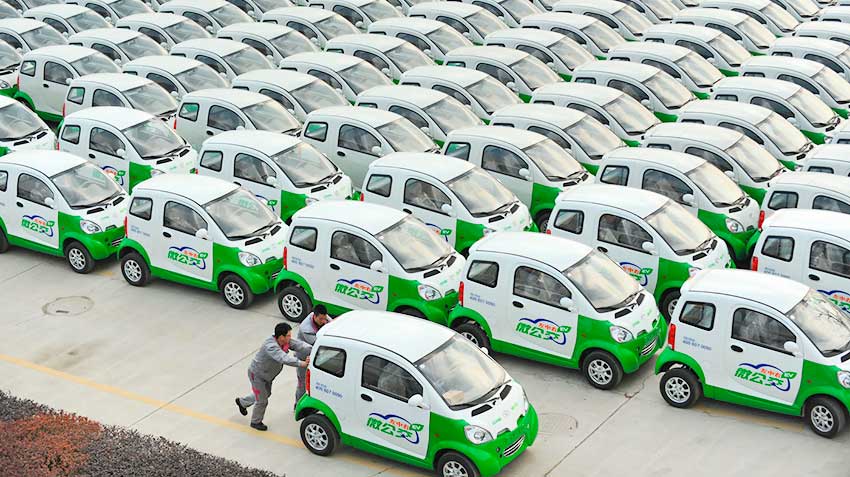
18 January 2019
Independent Chinese website has missed its market 210 thousand electric cars and hybrids
Sales of electrified vehicles in China are growing quite a lot of years. However, until recently, remained unknown who bought up a lot of electric vehicles and hybrids.
A new research project, headed by the Beijing-based news site Sina.com found that the majority of manufacturers of electric vehicles, claiming that out their products to the "free market", in reality finished its activity, equipping electric cars are the only private corporate parks and(or) transferring separate of the party machine ridderinkhof and carcharhinoid operators, i.e. actually affiliated entities.
The latest study of the market Sina.com conducted with two groups: is also based in Beijing industry trade group ChinaEV100, whose members include a variety of domestic manufacturers and suppliers of electric vehicles and research firm Ways Information Technology Co., based in Guangzhou.
The study, published last week, covered passenger cars with electric drive to be sold in China in the first 11 months of 2018.
During the reporting period, the China Association of automobile manufacturers (LAPP) reported that throughout China were sold around 886 thousand PEV (battery electric vehicles (BEV) and rechargeable hybrids (PHEV)).
However, a study conducted Sina.com showed that for the period private customers were supplied only 685 thousand such vehicles.
What happened to the rest of 201 thousand electric cars , counted SAAM as implemented? And it turns out, were distributed to producers through a variety of fleet sales.
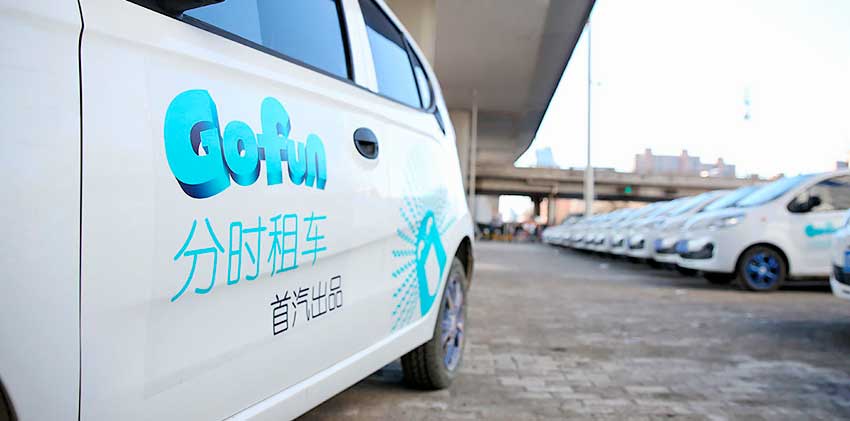
Many Chinese automakers have established a subsidiary company "dynamic" ridesharing, i.e. joint use of private car using online services to find travel companions, for example, like Uber, i.e. a kind of collaborative "minibuses" and car-share (easy hire), whose parks are mainly composed of the electric vehicle received through their founders.
For example, in April 2017, the company BAIC Motor Corp. opened a subsidiary BAIC Mobility ridesharing vehicles. By the end of 2018, she gave BAIC Mobility of about 30 thousand electric vehicles.
In turn, Geely Automobile Holdings, was created in may of 2015 the same ridderinkhof unit Caocao Zhuanche, which delivered more than 27 thousand electric compact sedans.
Global automakers also joined their Chinese colleagues in the deployment of supply electrified vehicles new companies ridesharing and car sharing.
So, BMW launched only in December, the service car rental in Chengdu, in southwest China, becoming the first foreign car brand that made it in the Chinese city.
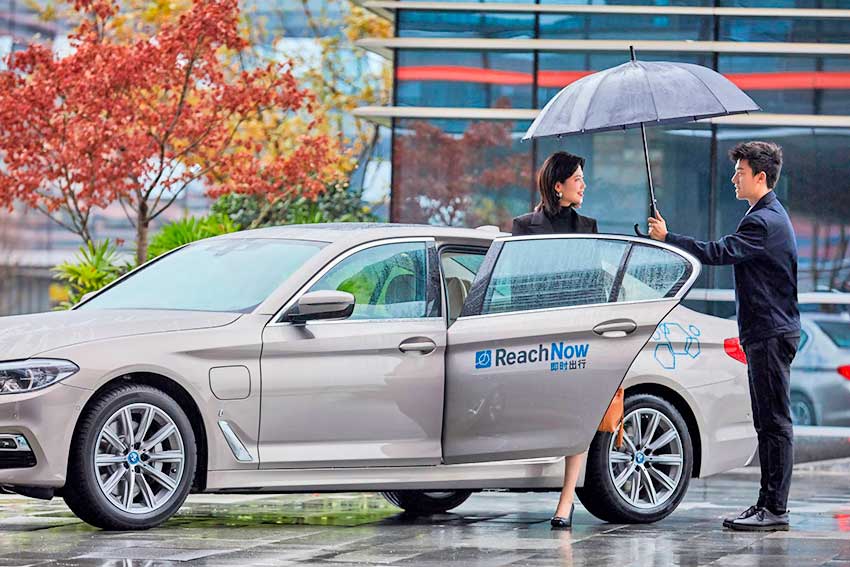
A fleet of 200 sedans BMW 5-series, half of which is a rechargeable hybrids were sent to customer service ridesharing.
In 2018 PEV sales in China for the first time exceed 1 million units, amounting to 1.26 million, 62% more than in the previous year.
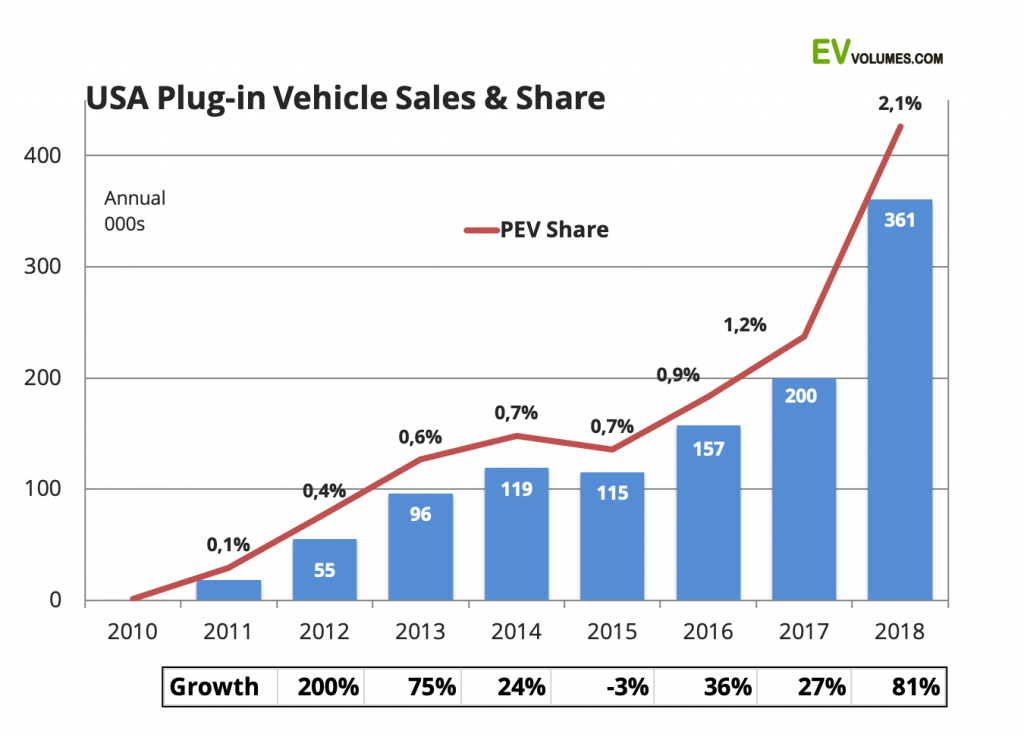
Grow sales and penetration rate of electric vehicles and hybrids in the US
The growth of PEV sales supported by solid state and municipal subsidies, created for the Chinese government's financial burden and reduce its revenues.
To ease the shortage of income, Beijing plans to curtail subsidies for BEV and PHEV by the end of 2020. This, of course, will create additional difficulties for manufacturers of PEV sales in the segment private clients.
Chinese program "carbon credit", which entered into force in the coming 2019, requires manufacturers of passenger vehicles expansion of production of that vehicle category PEV.
Because of these resolute changes in the policies of Beijing, the majority of both domestic and foreign automakers will be forced to rely on your affiliates to ridesharing and car-sharing to realize, through them, increasing (the mandatory quota) number of electrified vehicles in the future.
On the other hand the development of ridesharing and car-sharing, i.e. different forms of joint use of individual passenger transport (i.e. passenger cars) fits all now implemented the concept of future transport, including except electric, also connected to information networks and shared, and in the medium term and Autonomous vehicles, which will replace the now the dominant form of exploitation of cars as a usual private use, rental and taxi (with a hired driver).
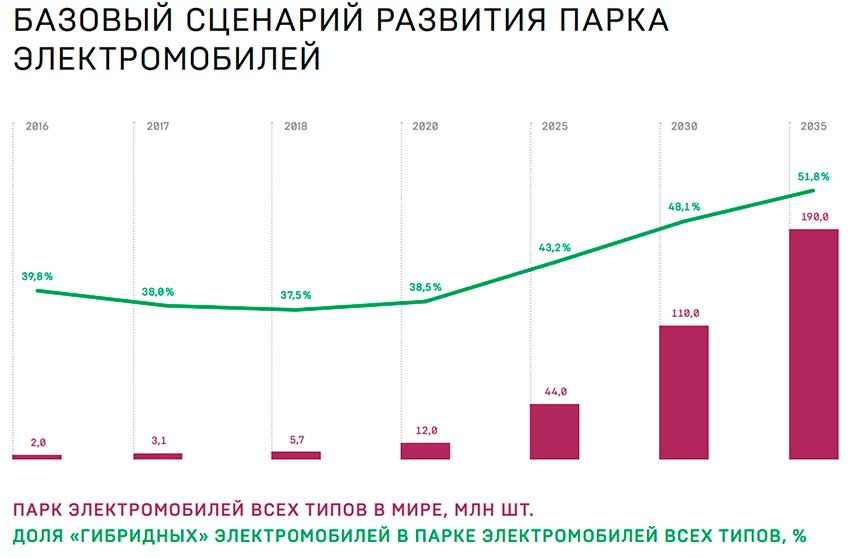
Thus, the electric car comes into the life of modern Chinese (and not only) of the citizen not only as energy and environmental, but also as a mobile alternative, offering him a fundamentally different, less expensive and more socially responsible version of the operating individual passenger transport while keeping most of the traditional private cars. And, characteristically, have another option of brands to maintain its market share remains. So that future has already arrived, and we did not notice!
Of course, today this scenario of the market, where every fifth electric vehicle and hybrid is system ridesharing or car-share, replacing the four to five normal vehicles, so far looks like a niche specificity, but it is obvious that this is the only reasonable way to world civilization in terms of combating global warming and improving the quality of life, in a sense opposite to the imposed American individualistic model of capitalism value system.
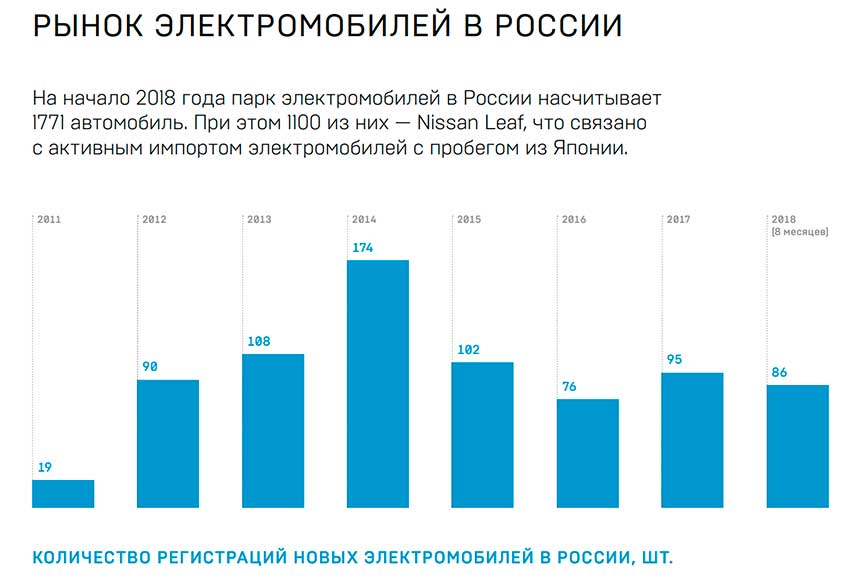
It is interesting that in "the absence" of electric vehicles in our country (in fact acting either as a pilot innovative state projects, or the trendy gadgets for the wealthy and advanced people) the idea of car sharing, and raidering find more and more fans, especially among younger and more educated part of society and especially in large cities. So Moscow became one of the world leaders in spread the car-share system.
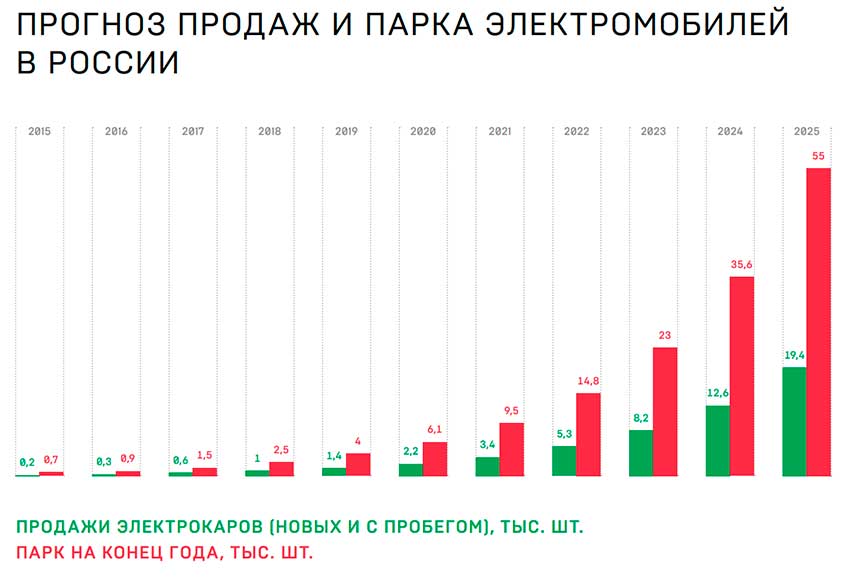
By the way, the problem of development of drones, i.e. stand-alone Abakarov also closely linked specialists with the need for a different approach to their use, in which car sharing and raidering (carpooling) the most rational and reduce the cost of transport services in improving their proposal (not required driver's license and personal insurance), including by connecting the vehicle to the information networks of all types. In the future, customers of such systems will be completely free from the problems with charging and service vehicles (as it is now by public transport, because none of the passengers care about where and how to refuel and maintain the buses). In any case, all experts on these issues clearly talking about the synergy of all these areas: hence the electric car is a vehicle a higher level of civilization learning to ensure individual comfort while respecting the public interest, and not blind pandering private instincts.
From commercial vehicles oriented toward increasingly accurate and high-quality satisfaction of customers also there is no other way, except for the digitization and automation of logistic processes (according to some the proportion connected new LCV, trucks and buses up to 100%), which should also reduce transportation and environmental costs. In this direction in our country is also something that a beginning be made, but often does not go beyond the fairly modest experiments, with the exception of digitalization, side by side-reaching with the development of the connected vehicle.
In relation to type of power plants even in the medium term for our country seems more optimal use of all modes of transport of natural gas (mostly in liquefied form called LNG), by the way, does not exclude, and transfer of motor vehicles to environmentally friendly vehicles of the type FCEV (in the longer term and hydrogen)..
|
|
|
Element was not found.








